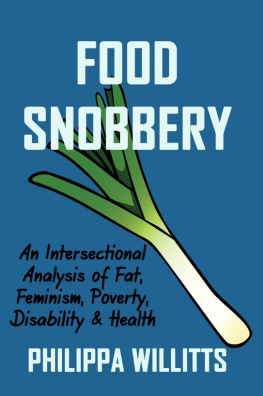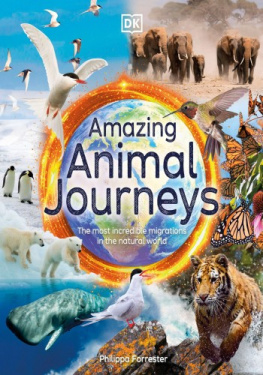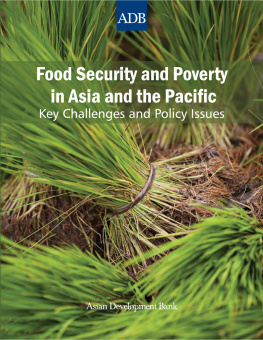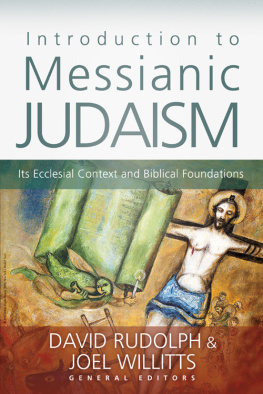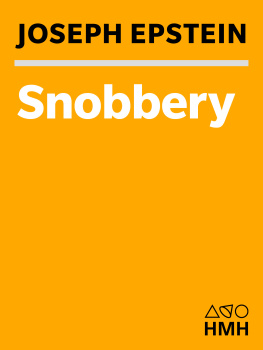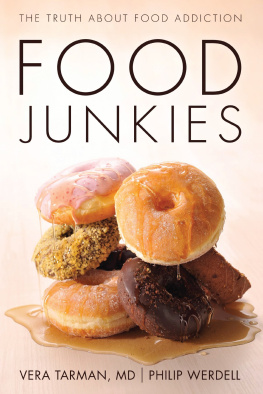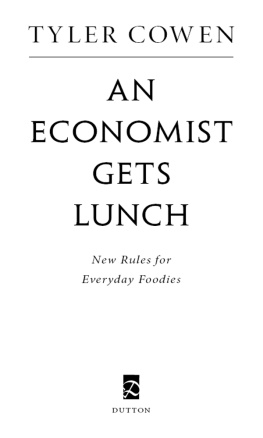Food Snobbery
An Intersectional Analysisof Fat, Feminism, Poverty, Disability & Health
Philippa Willitts
Copyright Philippa Willitts 2015
www.philippawrites.co.uk
Smashwords Edition, License Notes
This ebook is licensed for your personal enjoyment only. This ebookmay not be re-sold or given away to other people. If you would liketo share this book with another person, please purchase anadditional copy for each recipient. If youre reading this book anddid not purchase it, or it was not purchased for your use only,then please return to Smashwords.com or your favorite retailer andpurchase your own copy. Thank you for respecting the hard work ofthis author.
People are very passionate about food. This is understandable,because when its good it can provide valuable nutrients to ourbody as well as cherished pleasure to our palates. But passion canbecome zeal and, before you know it, people are telling others howto eat. They are often well-meaning, when they evangelise about howeasy it is to cut out gluten or become vegan, or how evilsupermarkets or plastic packaging are, but they do not take intoaccount the reality of many peoples lives.
The line between food enthusiasts and foodsnobs can be a thin one, and when, "It's easier!", "It's cheaper!",etc. drown out your insistence that the intersecting oppressions ofdisability, poverty, racism and fat-phobia play a part, then thatline has been crossed.
I was vegetarian for many years and I haveto admit that I was obnoxious about it when I was a young teen. Iwould gleefully point out that anyone with meat on their plate waseating a dead animal and, although I was half-joking, Im sure itmade me a thoroughly unpleasant person to eat with. Thankfully, Igrew out of that particularly objectionable habit long beforeadulthood, but many adults continue to judge others on what theyeat as if it was a simple choice between good and bad with no othercontext.
In fact, there are so many nuances to thefood that people have access to and choose to eat that it isimpossible to simplify it. Even people with very strong views onwhich foods are good and which are bad cannot agree amongstthemselves. Is veganism the only ethical choice, or are wheat andsugar that the worst things a person can put in their mouth? Ismeat ok if its organic? Should everything be eaten raw?
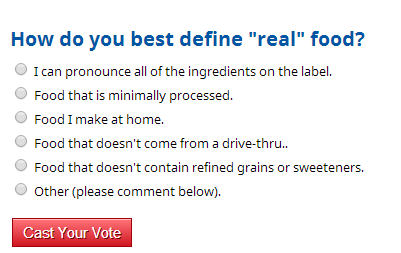
A food websiteattempts to define 'real' food
Food snobbery is not limited to diets thatmight be considered by some to be extreme. Trends forappreciating artisanal and exotic foods may please those who enjoythem, but using this foodie culture to shame people who buy cheapfood does stigmatise those who do not limit their diet to corn-fed,cruelty-free parsnips.
Because along with food choices comejudgements.
Whether a diet excludes a lot of foods ormakes an effort to include others, people who cannot indulge in it,whether through an inability to afford ingredients, a lack ofexperience in cooking them or equipment to prepare them, a need toavoid certain foods or ingredients, or a simple dislike or lack ofenjoyment, are vilified and criticised.
So, to start, what is food snobbery?
Adam Biagini wrote in ArtsLondon News that, The mark of a food snobis quite different from the mark of someone who loves food. []Theres no denying that to the food lover, the farmers market canoffer an array of edible delights, but the food lover does the goodthing and enjoys these things at face value, recognising how luckyhe is to be eating so well.
Thefood snob, on the other hand sees the farmers market as a sign ofhis cultured, worldly aura, attempting to project a larger culturalcontext and sense of social status onto the 10 fromage dumerde .
There isnt even a consistent wayof doing it correctly.
Michelle Allison, the Fat Nutritionist, writes that, For somepeople, real food means food I make entirely athome from scratch [for varying values of 'from scratch.'] Forsome, it means mainly plant-based foods with a smattering of dairyand animal protein. For others, it means entirely raw foods thathave not been cooked. And for yet others, it might mean anythingfrom a vegetarian diet to mostly meat and certain vegetables andno grains to a vegan diet composed entirely of homemade food toI grow everything I eat on my own land, including grains which Imill into flour myself and then deep-fryunrepentantly.
There is a lot of wiggle-room in thisterm .
Lately, there has been alot of talk about clean food, as if all other food has beendropped on a grubby floor and put straight back onto the plate. Andeven when using the same terminology, there is no coherent meaning.The most arbitrary definition I have read is that real food has nomore than six ingredients, but why six? What makes five ingredientsreal but seven fake? There are also declarations that meat, dairy,salt, sugar and white flour are all actually dangerous andpoisonous ,when they are demonstrably, well, notpoisonous .
A proponent of the raw fooddiet, Esme Stevens, explains that, Eating cooked food is eatingdead food. This will make you feel heavy and tired .
While Karen Knowler, theraw food coach, explains that raw food makes our bodies,replac[e] our cells and bloodstream with cleaner, better nourishedmore alive cells ,as if my poor, tortured, I-had-cooked-pasta-for-lunch cells arefilthy and dying.
She goes on, You will realise that you feelcalmer, more in control, more harmonious in your thoughts andfeelings, and you might even find yourself singing for no apparentreason (I kid you not!). This is simply a knock-on effect from thejoy and equilibrium that your body is starting to experiencethrough being fed the foods that suit it best.
So when I feel stressed, out ofcontrol or feel a lack of harmony, its my own fault for boiling myveg. Right.
Others disguise judgementas pity, which is just as oppressive and unpleasant as blatantjudgements, especially for disabled people experienced in the artof being pitied .
Food blogger Zoe Saint-Paulremarks, Theres a grocery store nearbythat I occasionally go to for certain items where many local peopledo their food shopping. I cant count the number of times Ive hadtears in my eyes when I see what customers are buying. My husbandsays I shouldnt be so nosy but when I see tired, depressed faces,obese bodies, people who look older than their age, and then I lookat whats in their carts, I want to do something. Like grab thosejumbo packs of soda, those cases of Little Debbies, and startrunning. I want to yell, Youre killing yourself! and hand themsome swiss chard. Ive considered printing up flyers andputting them on cars in the parking lot .
To counter themisinformation and the moral judgements, it seems wise to startwith a straight-forward definition of real food, so I will gowith Sam Vances suggestion that, Realfood is anything you eat and digest that offers calories and/ornutrition (carbs, vitamins, proteins,fats).
From there, if you feel strongly that youdont want to eat any animal products, then become a vegan. If youfeel more energetic when you avoid food with white flour, then cutit out. And if you love fresh vegetable juices every morning, thenfill your boots. But dont impose those preferences on others.
As Michelle Allisonexplains , Theproblem is that Ive met very few people who make personal choicesof the real food persuasion without also pressuring those around them without also proclaiming that the foodsmost people rely on to survive are inherently inferiorwithout also implying that the reason therest of us are fat, or poor, or dont have shiny hair, or dontwalk around perpetually bathed in magical sunbeams of happiness, isentirely because we eat the terrible, horrible, no-good, very badfood the food that is not Real .
Next page
